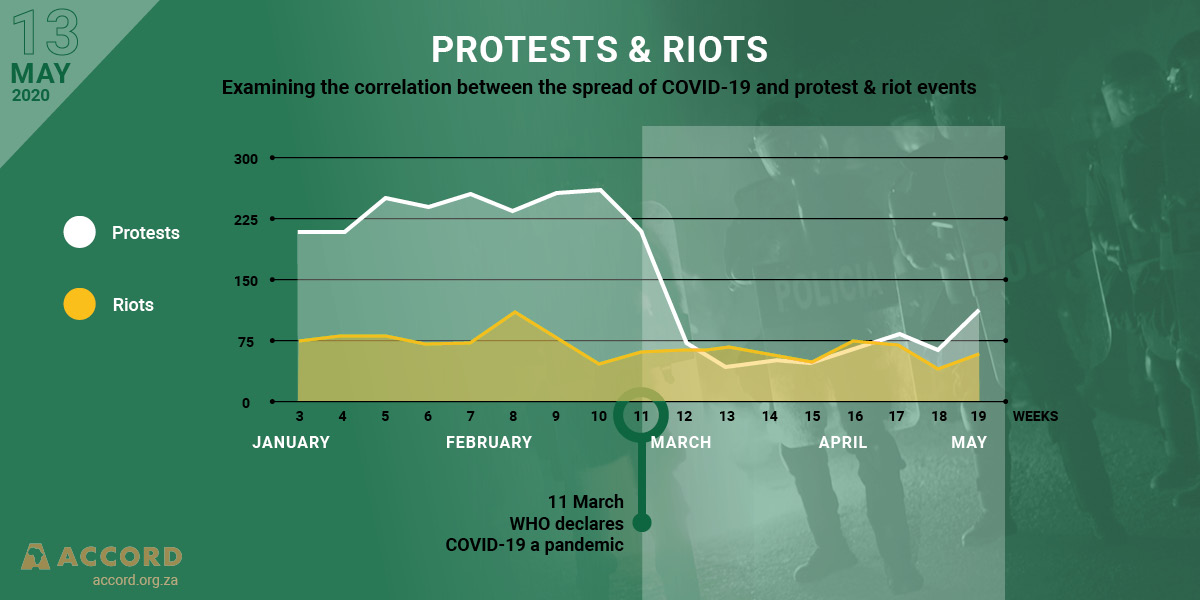The devastating impact of the COVID-19 pandemic has caused the disruption of human society on a global scale. The disease does not discriminate against its victims on the basis of race, nationality, ethnicity, gender, culture religion or financial affluence. Unlike many other diseases, this is not an illness of the poor or the affluent, or of the North or the Global South. Combatting this pandemic will require the whole world to work together.
COVID-19 does not discriminate on the basis of race, nationality, ethnicity, gender, culture religion or financial affluence. Combatting this pandemic will require the whole world to work together.
Tweet
It was the inter-connectedness of the world that enabled COVID-19 to spread so rapidly. Therefore, limiting travel to the essential and closing national borders to contain its spread was a necessary course of action. However, even if the lockdowns are necessary, they are only a short-term solution aimed at disrupting the spread of the disease. The more urgent task is to develop a vaccine that can safeguard people and stop the spread of the disease.
COVID-19 should alert us to the reality that developing a vaccine cannot be a national project. No nation is safe while the virus is still present elsewhere in the world. The pandemic is a call for global cooperation and solidarity. More scientists are collaborating across borders than ever before to advance a global understanding of the virus. Since the beginning of February 2020, more than 300 medical research papers on the virus have been deposited on MedR-xiv, which is repository for pre-reviewed findings, and hundreds of genome sequences have been uploaded onto public databases.
Prior to the emergence of COVID-19 onto the global stage, there was a resurgence of ethnic nationalism and racial chauvinism in a number of countries around the world. However, COVID-19 has now brought into stark reality the fact that there is much more that unites us as human beings, than which divides us. This does not mean that our artificial national borders will miraculously disappear in the post-COVID-19 world, but the pandemic has demonstrated that we are, in fact, one global society.
The fact that COVID-19 does not select its victims suggests that, from a purely scientific perspective, we are all the same. It would appear that the more insidious and insipid virus in our human society, is the propensity to view “others” as different or less-human than ourselves. There is a message in the impact of climate change, that has now been confirmed by COVID-19. We are all one global society.
The #COVID19 pandemic has demonstrated that we are, in fact, one global society.
Tweet
Professor Tim Murithi is the Head of Peacebuilding Interventions at the Institute for Justice and Reconciliation in , Cape Town, South Africa, and an Extraordinary Professor at the Centre for African and Gender Studies at the , University of the Free State in South Africa, and the editor of the Routledge Handbook of Africa’s International Relations. He tweets as @tmurithi12
Based on a blog, entitled Global virus proves we are one, first published by Mail & Guardian on 21 April 2020.

